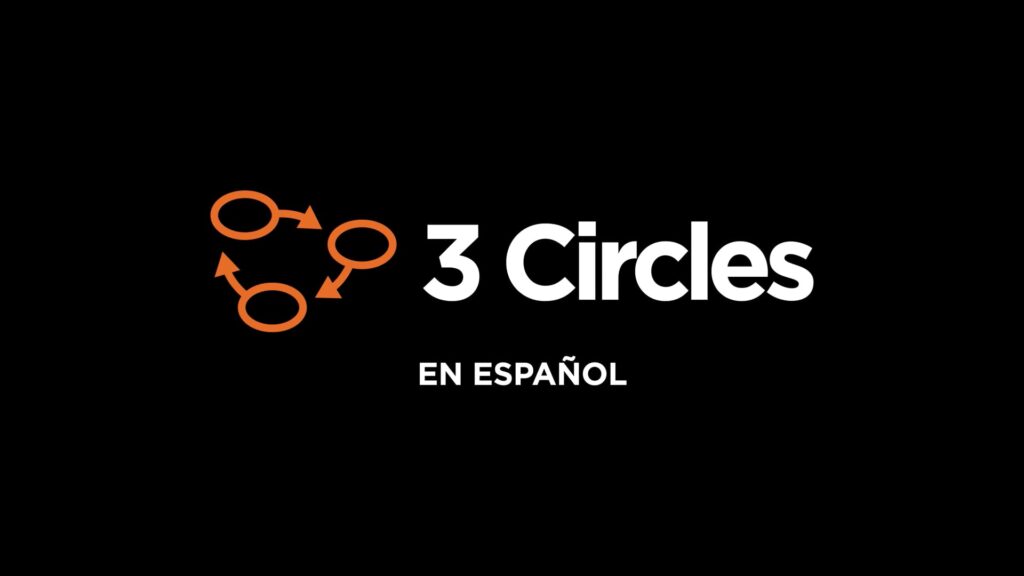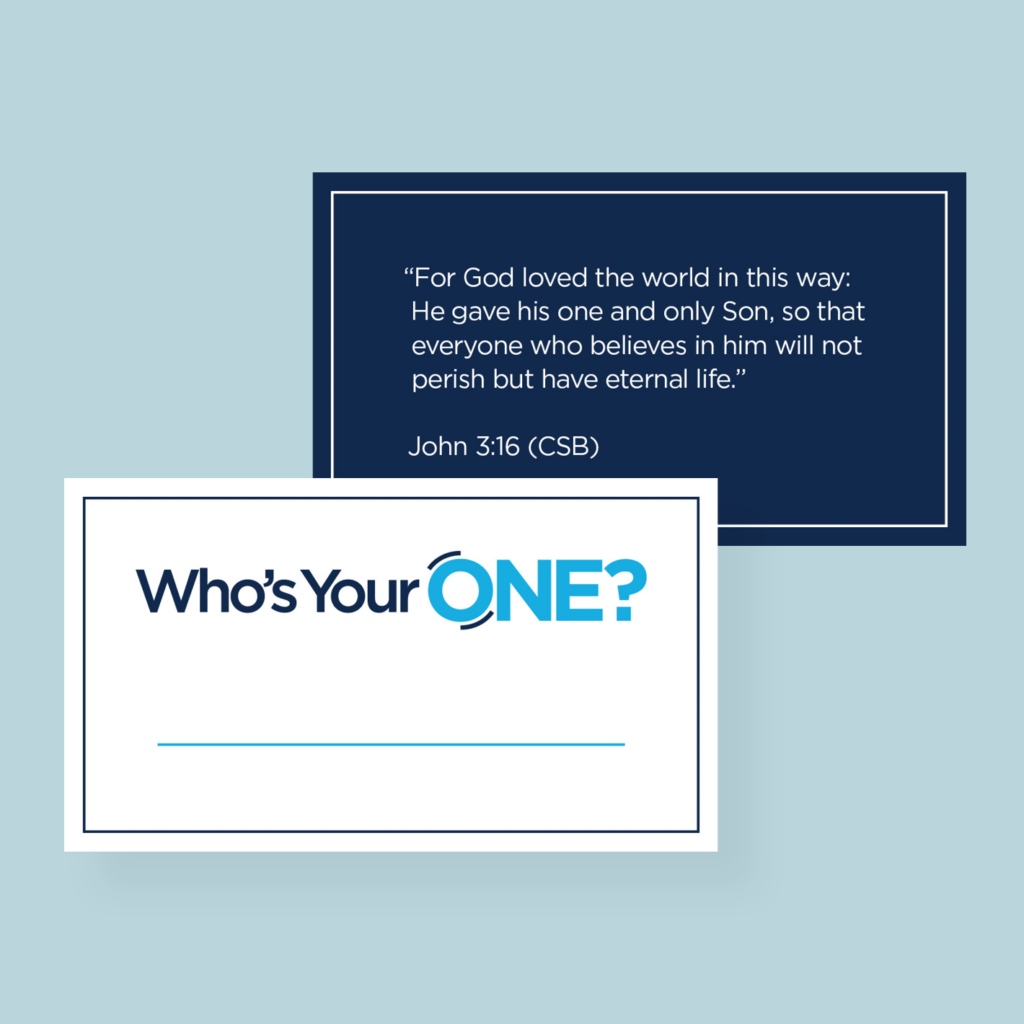The most important things to measure in your church plant are often the hardest things to measure. It doesn’t take much effort to count nickels and noses. And those numbers are important. Of course you want to know that people are showing up and contributing to the mission and vision of your plant, but you didn’t become a planter to attract people to an event or to get money.
You became a church planter because you want lives to be transformed by the gospel of Jesus!
I’ve already written about conversion growth as a meaningful metric. Seeing adults demonstrate their new faith through baptism is certainly an important way to measure how people are being transformed by Jesus. However, baptism is mostly just an indication that an individual has said their initial “yes” to Jesus. We’re making disciples, not converts. Your goal is to see a person continually transformed by Jesus.
How do you know if disciples are maturing in your church?
You could give them an exam, but that would only tell you what they know. You could have them fill out weekly questionnaires asking how many times they read their Bible, prayed, or “witnessed” to someone. But that would only tell you whether or not they can check boxes. Those are dumb ideas.
Honestly, it is almost impossible to know if each church member is maturing as a disciple. Instead, you should focus on whether or not people are involved in the things that God has promised to use to grow His people. That’s why we care about Sunday morning attendance. We believe that God uses the gathered church and corporate Bible teaching to change people.
In the same way, we believe that God uses Christ-centered relationships to transform people. That’s why we say that transformational relationships are one of our most meaningful metrics in church planting. Even a brief look through the New Testament shows us that God uses community to grow His church. You’d quickly lose track of all the commands to love one another, pray for one another or confess sin to one another.
And we’re not talking about potlucks and gossip. We’re talking about life-on-life discipleship where people are challenged and held accountable to Christ and loved deeply through it all. Transformational relationships are the truest of friendships, where people are willing to hurt you for the greater good of your growth in Christ. Transformational relationships are the context where people know they are loved and are therefore open and willing to be confronted with truth that they might be changed.
Transformational relationships are what God speaks about in Proverbs where he says, “Faithful are the wounds of a friend; profuse are the kisses of an enemy,” (Proverbs 27:6, ESV) and “Iron sharpens iron, and one man sharpens another,” (Proverbs 27:17, ESV). Growth in Christ requires hard, hurtful conversations and friction, without which there is no sharpening.
For Salt Network churches, these relationships are forged through Connection Groups, our small group ministry. College students and community members alike gather in homes and dorm rooms to subject themselves to the love and care of fellow Christians. Honestly, these aren’t always happy times, and that’s okay. As I often say, God gave us the Holy Spirit, not the Happy Spirit.
At Cornerstone Church in Ames, we have 70 percent of our Sunday morning attendees participating in Connection Groups. We love that and celebrate it because we are committed to transformational relationships as a primary way we see God changing individuals and our city. However, we would blow it all up today if we felt these groups became just relationships and not transformational.
So yes, you should count attendance in your small groups, but don’t settle for attendance without transformation. Listen for stories that prove your groups are committed to sharing the truth:
- Wives thanking you for how their husbands became better leaders in the home.
- Individuals giving faithfully who have never given before.
- Small group members baptizing friends who the led to Christ.
- When a small group member becomes a small group leader, then an elder and then a church planter.
Published March 27, 2017



